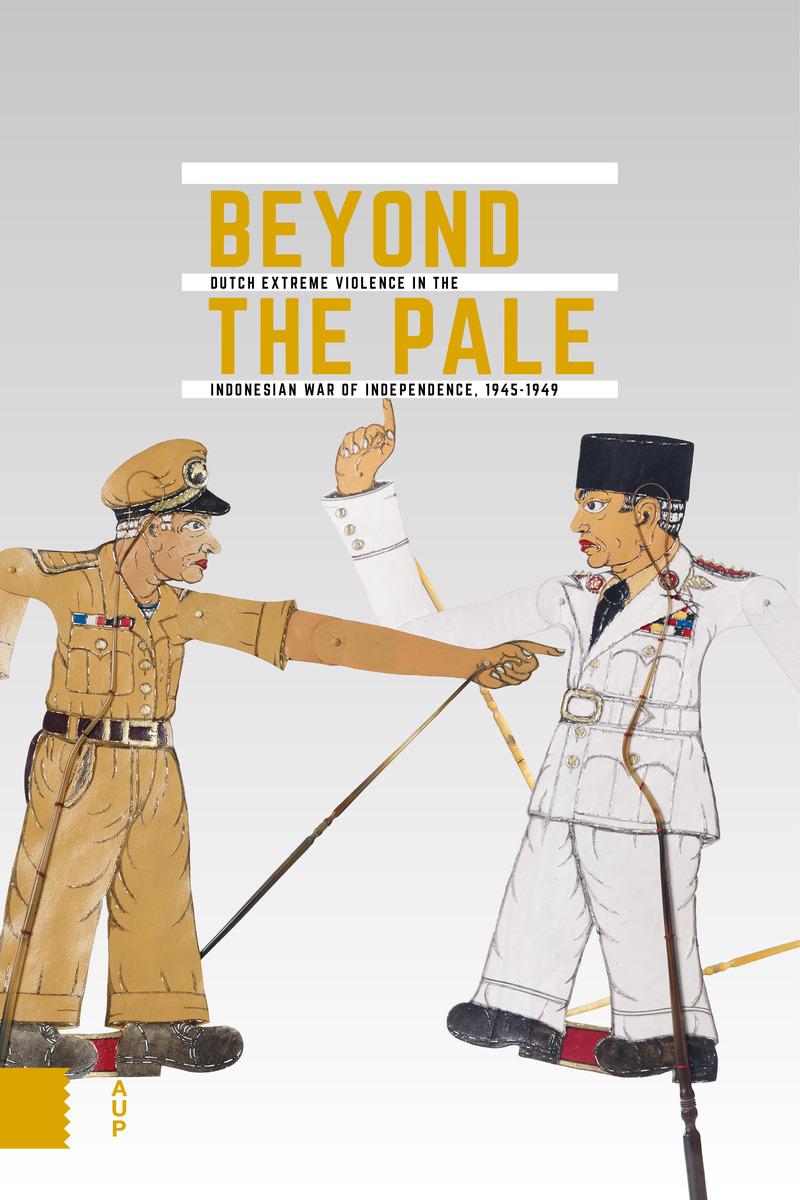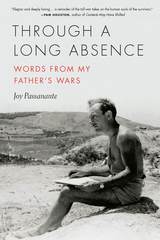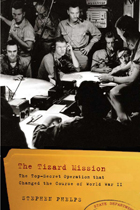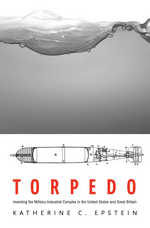Beyond the Pale: Dutch Extreme Violence in the Indonesian War of Independence, 1945-1949
Amsterdam University Press, 2022
eISBN: 978-90-485-5717-2
See other books on: 1945 - 1949 | Beyond | Colonialism & Post-Colonialism | Independence | Pale
See other titles from Amsterdam University Press
eISBN: 978-90-485-5717-2
ABOUT THIS BOOK | AUTHOR BIOGRAPHY | TOC
ABOUT THIS BOOK
On 17 August 1945, two days after the Japanese surrender, Indonesia declared its independence. The declaration was not recognized by the Netherlands, which resorted to force in its attempt to take control of the inevitable process of decolonization. This led to four years of difficult negotiations and bitter warfare.
In 2005, the Dutch government declared that the Netherlands should never have waged the war. The government’s 1969 position on the violence used by the Dutch armed forces during the war remained unchanged, however: although there had been ‘excesses’, on the whole the armed forces had behaved ‘correctly’.
As the indications of Dutch extreme violence mounted, this official position proved increasingly difficult to maintain. In 2016, the Dutch government therefore decided to fund a broad study on the dynamics of the violence. The most important conclusions are summarized in this book. The authors show that the Dutch armed forces used extreme violence on a structural basis, and that this was concealed both at the time and for many years after. All of this – like the entire colonial history – is at odds with the rose-tinted self-image of the Netherlands.
In 2005, the Dutch government declared that the Netherlands should never have waged the war. The government’s 1969 position on the violence used by the Dutch armed forces during the war remained unchanged, however: although there had been ‘excesses’, on the whole the armed forces had behaved ‘correctly’.
As the indications of Dutch extreme violence mounted, this official position proved increasingly difficult to maintain. In 2016, the Dutch government therefore decided to fund a broad study on the dynamics of the violence. The most important conclusions are summarized in this book. The authors show that the Dutch armed forces used extreme violence on a structural basis, and that this was concealed both at the time and for many years after. All of this – like the entire colonial history – is at odds with the rose-tinted self-image of the Netherlands.
See other books on: 1945 - 1949 | Beyond | Colonialism & Post-Colonialism | Independence | Pale
See other titles from Amsterdam University Press












